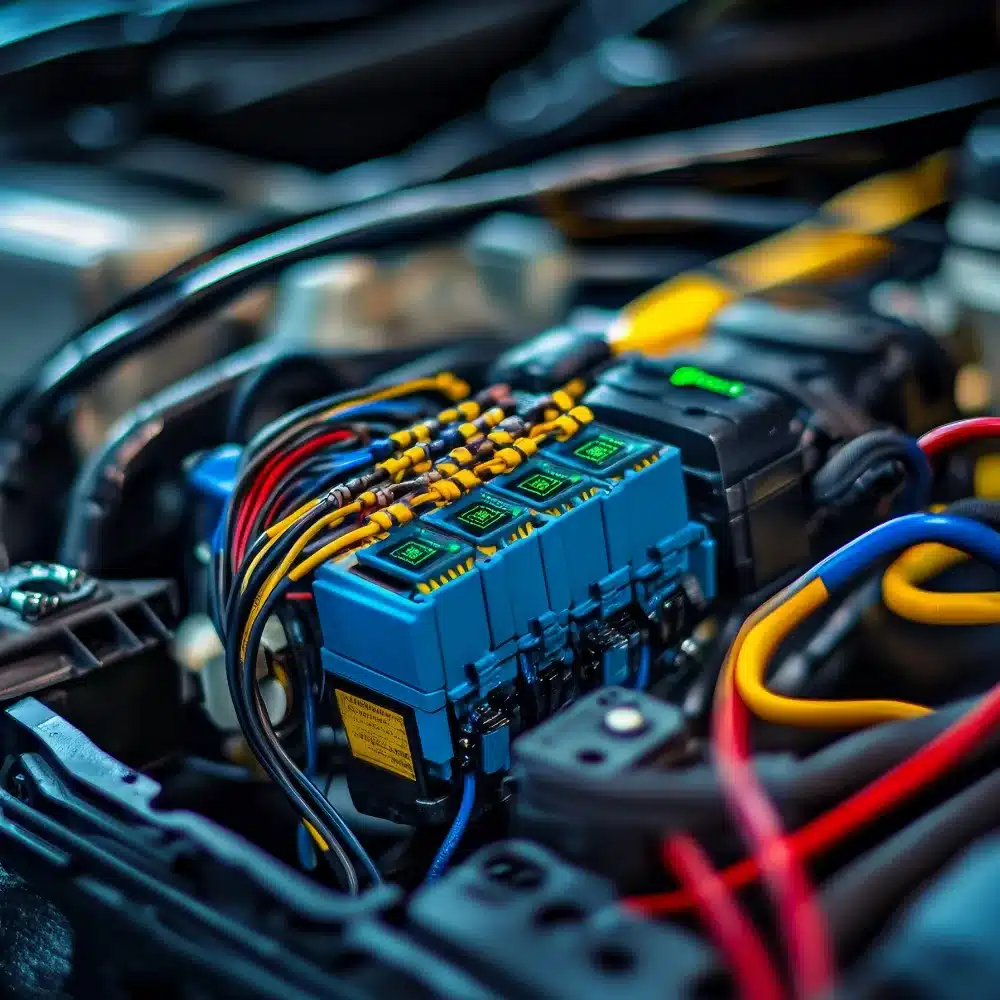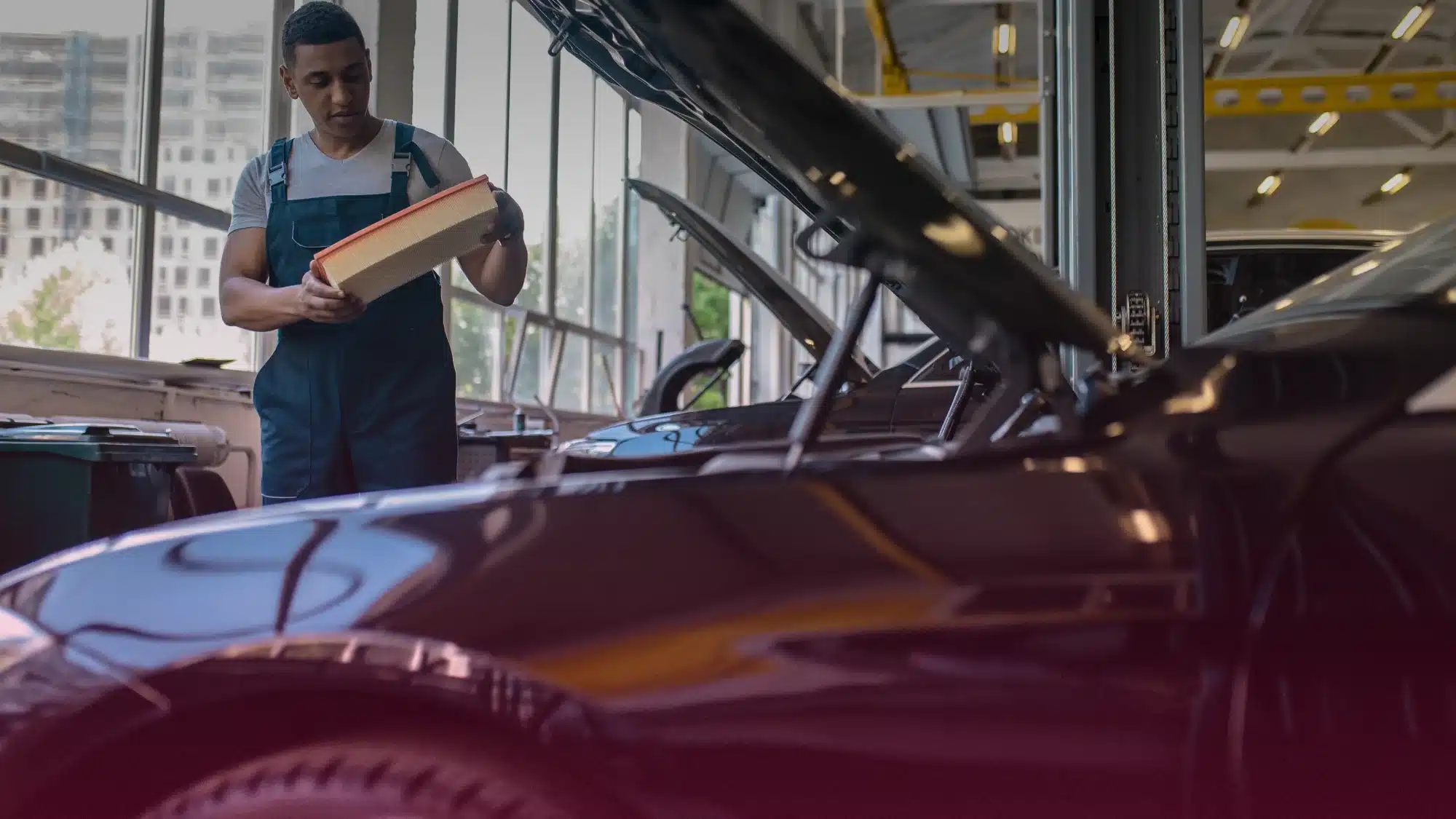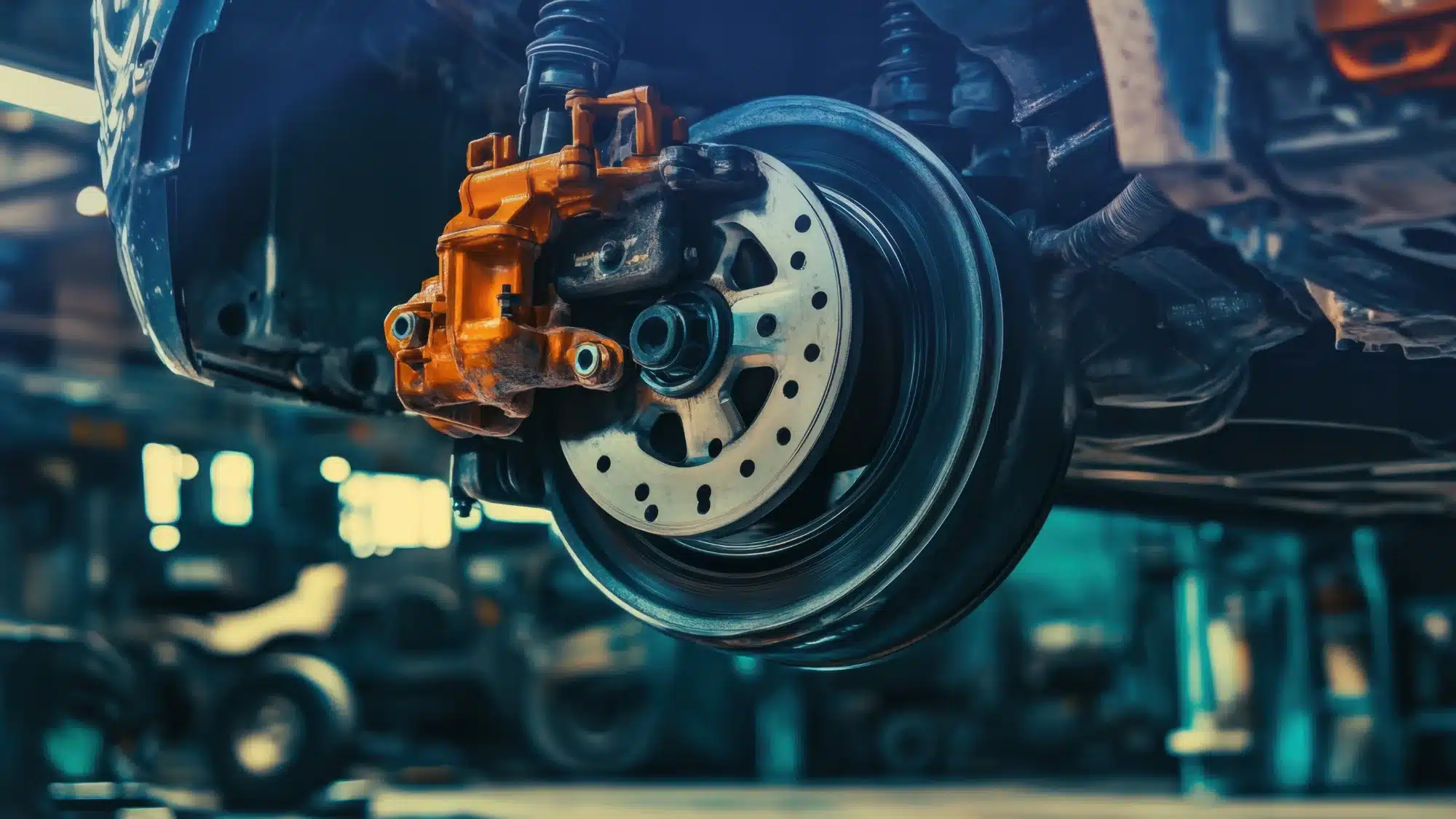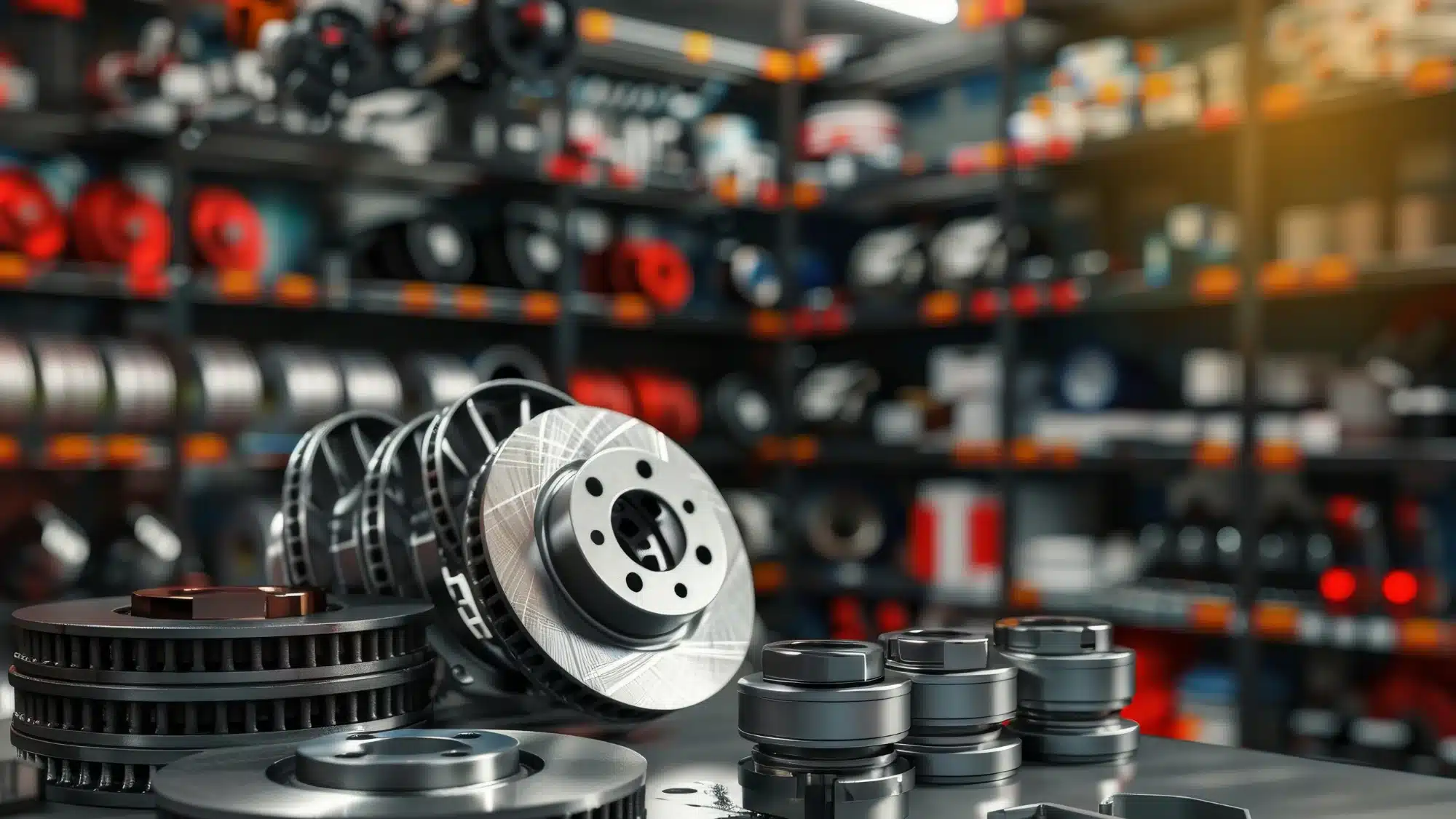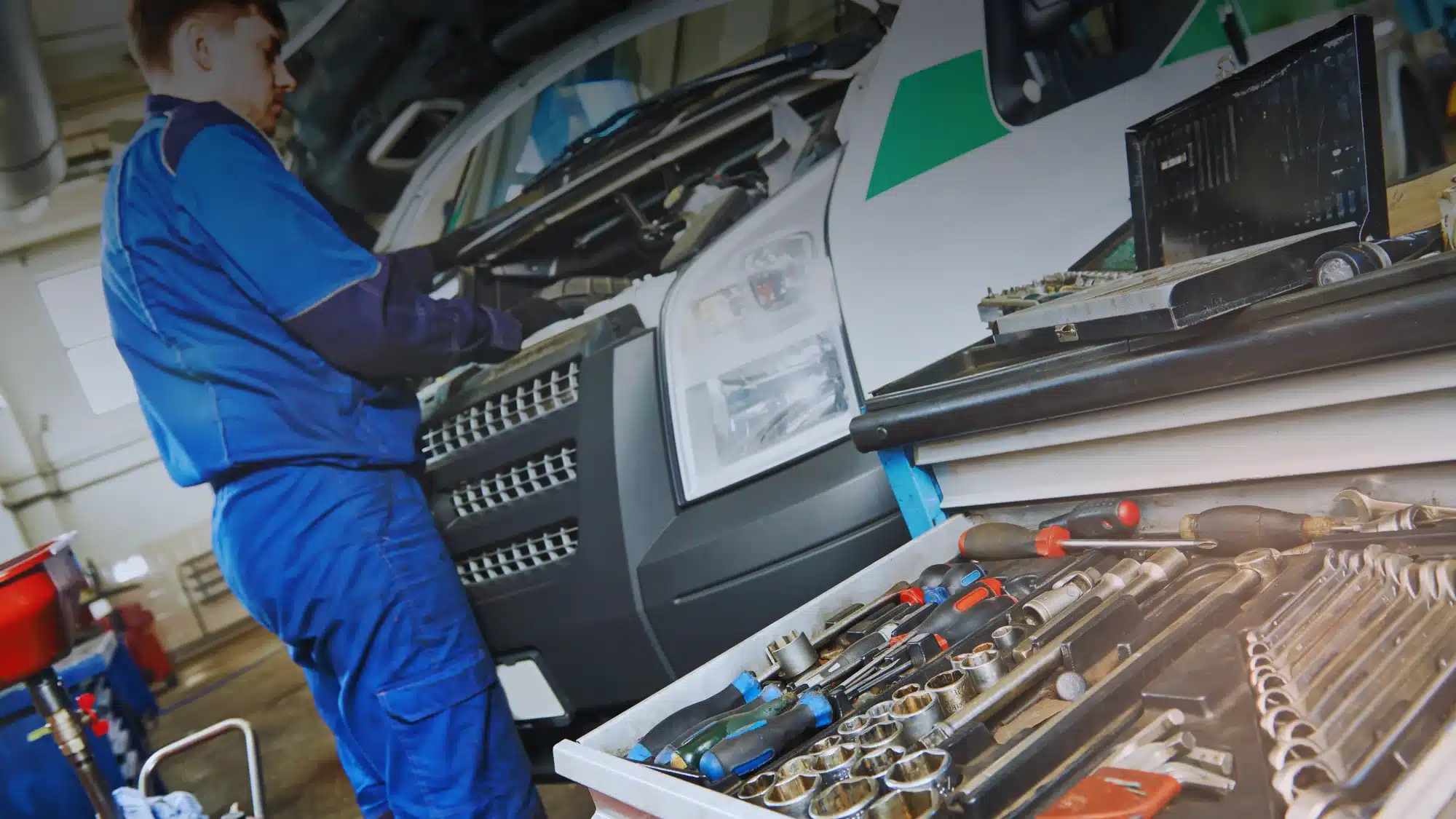When your car’s electrical system starts acting up, it can lead to frustrating breakdowns and inconvenient repairs. Modern vehicles rely heavily on complex wiring, sensors, and onboard computers, making automotive electrical issues more common—and more challenging—than ever. If you’re searching for “Automotive Electrical Service Near Me,” understanding the most frequent problems and how to fix them can help you stay ahead of potential issues and keep your car running smoothly.
1. Dead Battery
A dead battery is the most common electrical problem drivers face. You’ll notice symptoms like dim headlights, the engine failing to start, or a warning light on the dashboard. Causes can include leaving lights on, extreme temperatures, or simply the battery reaching the end of its 3–5-year lifespan.
How to Fix:
- Try jump-starting the car. If it starts, have the battery tested.
- Replace the battery if it’s old, leaking, or fails a battery test.
- Prevent issues by regularly cleaning battery terminals and ensuring the battery is secure.
2. Faulty Alternator
The alternator charges your battery and powers electrical systems while the engine runs. If it’s faulty, you might see battery warning lights, dim or flickering lights, or hear whining noises from the engine.
How to Fix:
- Have a professional conduct a charging system test.
- Replace the alternator if needed and check the drive belts for wear.
- Regular belt inspection and prompt replacement ensure optimal performance.
3. Bad Starter Motor
If you turn the key and hear a clicking sound but the engine doesn’t turn over, a bad starter could be to blame. This component can wear out over time or suffer from wiring issues.
How to Fix:
- Check for loose or corroded wires first.
- If necessary, have the starter motor replaced by a professional.
4. Blown Fuses
Fuses protect your car’s electrical circuits. If something suddenly stops working—like your radio or lights—check your fuse box.
How to Fix:
- Refer to your car’s manual to locate and inspect the fuse box.
- Replace any blown fuses with ones of the correct rating.
- If fuses blow repeatedly, seek professional help to find the underlying cause.
5. Wiring Problems
Faulty or damaged wires can cause a range of electrical failures, from malfunctioning lights to complete system shutdowns.
How to Fix:
- Visually inspect wiring for fraying, corrosion, or loose connections.
- For complex wiring issues, seek an expert in automotive electrical service near me to avoid further damage or safety risks.
6. Ignition Coil or Spark Plug Issues
Problems with ignition coils or spark plugs can cause rough idling, engine misfires, or starting troubles.
How to Fix:
- Replace worn spark plugs or faulty ignition coils regularly, according to your manufacturer’s maintenance schedule.
7. Engine Control Module (ECM) Failure
The ECM is the “brain” of your car’s electrical system. Symptoms of failure include no-start conditions, erratic engine performance, and dashboard warning lights.
How to Fix:
- Professional diagnostics are required.
- Repair or replace the ECM if faults are detected.
When to Contact a Professional
While some fixes—like replacing a fuse or jump-starting a battery—are DIY-friendly, most electrical problems require a trained eye. Searching for nearby automotive electrical service connects you with experts like Carage Auto, who have the tools and knowledge to diagnose and repair complex electrical systems safely.
Pro Tip: Prevent many electrical problems with routine inspections and maintenance. Always address warning lights or unusual car behavior promptly to avoid bigger repair bills later.
If you’re experiencing any of these issues, Contact Carage Auto today for reliable, expert auto repair shop in Jupiter, FL. Stay safe, stay powered.
